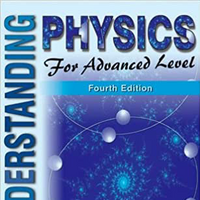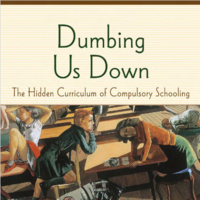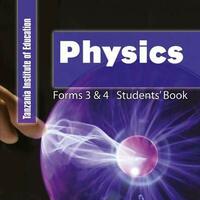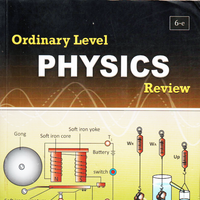Search
Books+
Searching 1,73 books
Search related to the career Physicist
Skills Required to Become a Physicist:
1. Strong Mathematical Aptitude: Proficiency in advanced mathematics, including calculus, differential equations, linear algebra, and complex analysis, is essential for understanding and formulating physical theories.
2. Problem-Solving Abilities: Physicists must possess excellent problem-solving skills to analyze complex phenomena, develop hypotheses, and devise experiments or mathematical models to test them.
3. Critical Thinking: The ability to think critically and objectively is crucial for physicists to evaluate theories, interpret experimental results, and draw logical conclusions.
4. Scientific Curiosity: A deep curiosity about the natural world and a passion for understanding its fundamental principles are essential traits for aspiring physicists.
5. Strong Analytical Skills: Physicists must have strong analytical skills to break down complex problems into manageable components and apply appropriate mathematical and theoretical frameworks to solve them.
6. Experimental and Laboratory Skills: Proficiency in experimental techniques, data analysis, and laboratory equipment is necessary for conducting experiments, collecting accurate data, and interpreting results.
7. Computer Programming: Basic programming skills, particularly in languages like Python, MATLAB, or C++, are valuable for data analysis, numerical simulations, and modeling physical systems.
8. Communication Skills: Effective communication skills, both written and verbal, are important for presenting research findings, collaborating with colleagues, and explaining complex concepts to a broader audience.
9. Attention to Detail: Being meticulous and paying attention to detail is crucial in physics to ensure accurate measurements, precise calculations, and reliable experimental results.
10. Perseverance and Patience: Physics research often involves long hours of experimentation, data analysis, and theoretical work. Therefore, perseverance and patience are necessary qualities to overcome challenges and setbacks.
11. Continual Learning: Physics is a rapidly evolving field, and physicists must stay updated with the latest research, theories, and technological advancements to contribute effectively.
12. Collaboration: Collaboration and teamwork skills are important for physicists to work effectively with other researchers, share ideas, and contribute to collective scientific progress.
These skills, combined with a strong educational foundation in physics and related disciplines, can help aspiring individuals pursue a successful career as a physicist.
Source: Various AI tools
Vocational skills
Searched in English.















